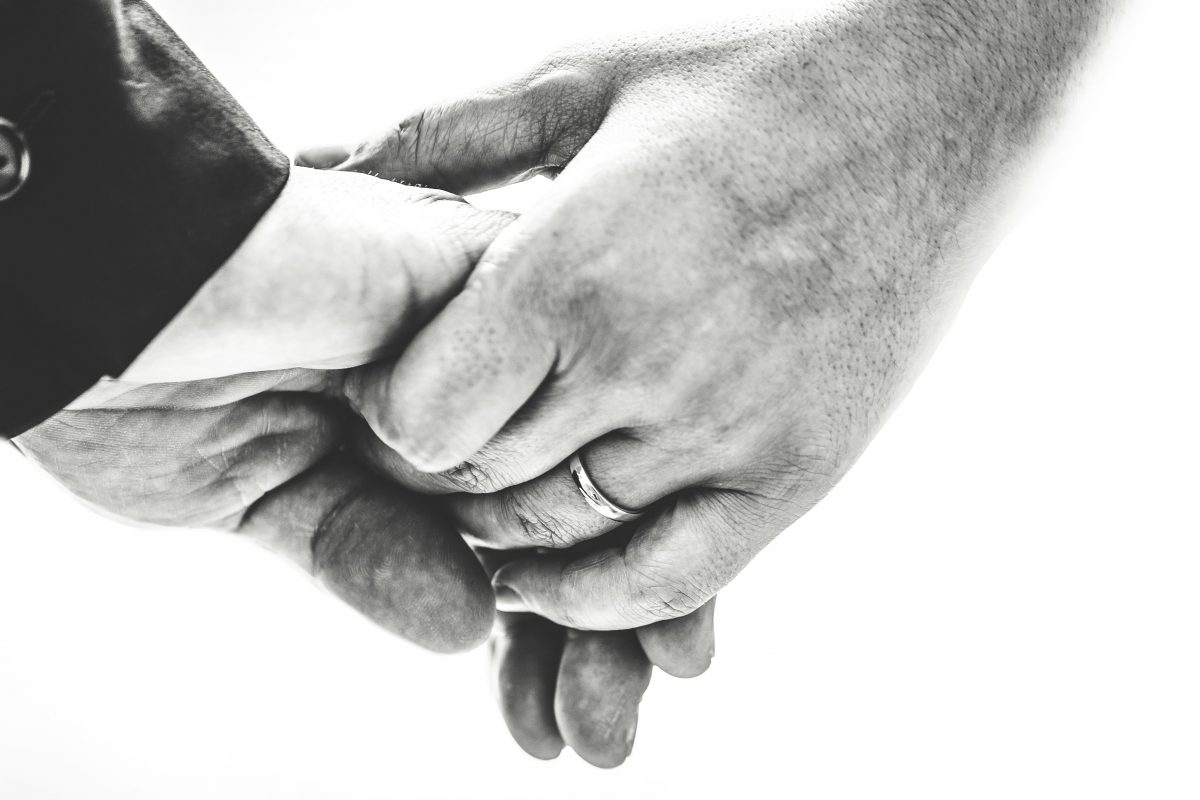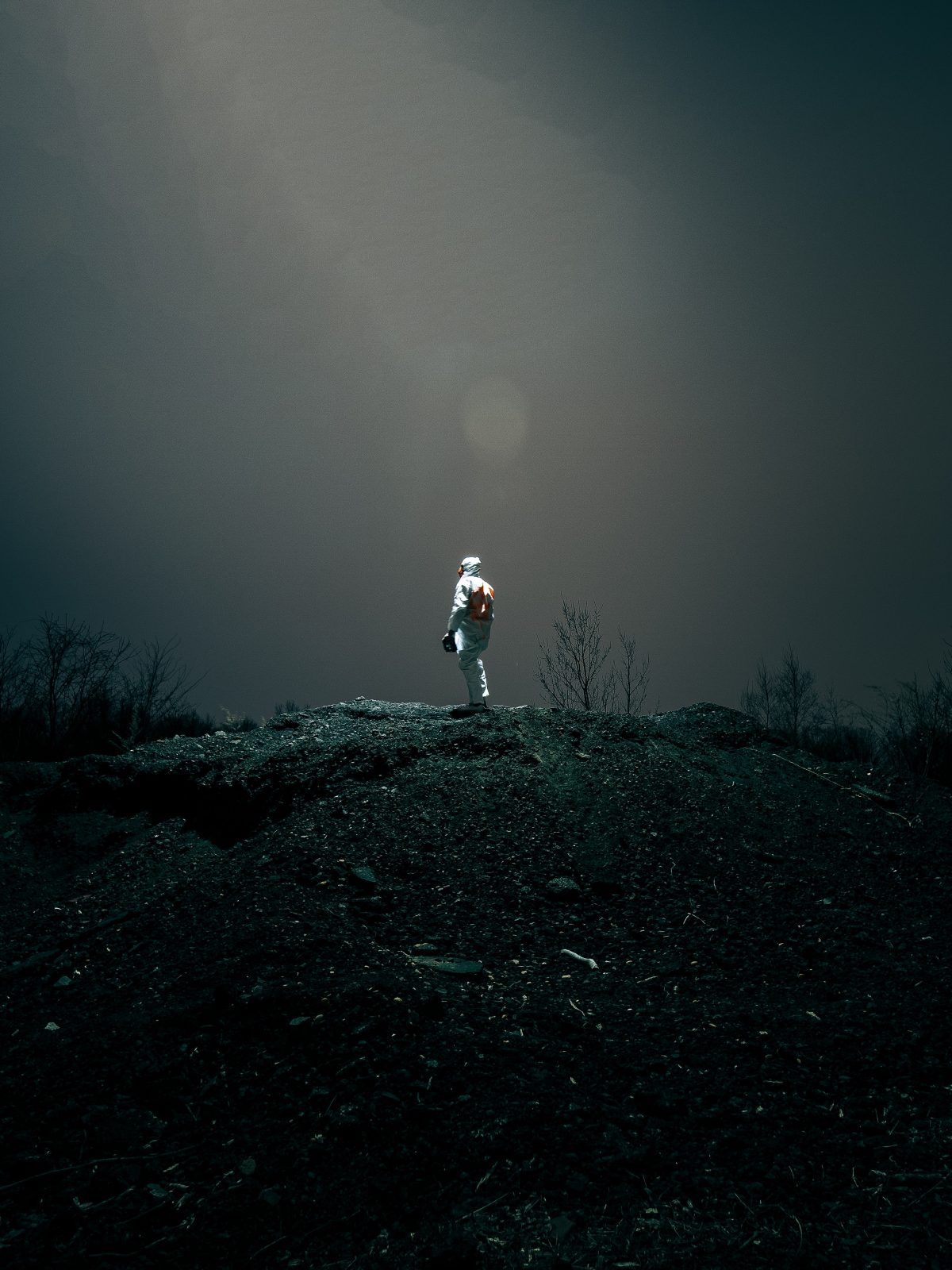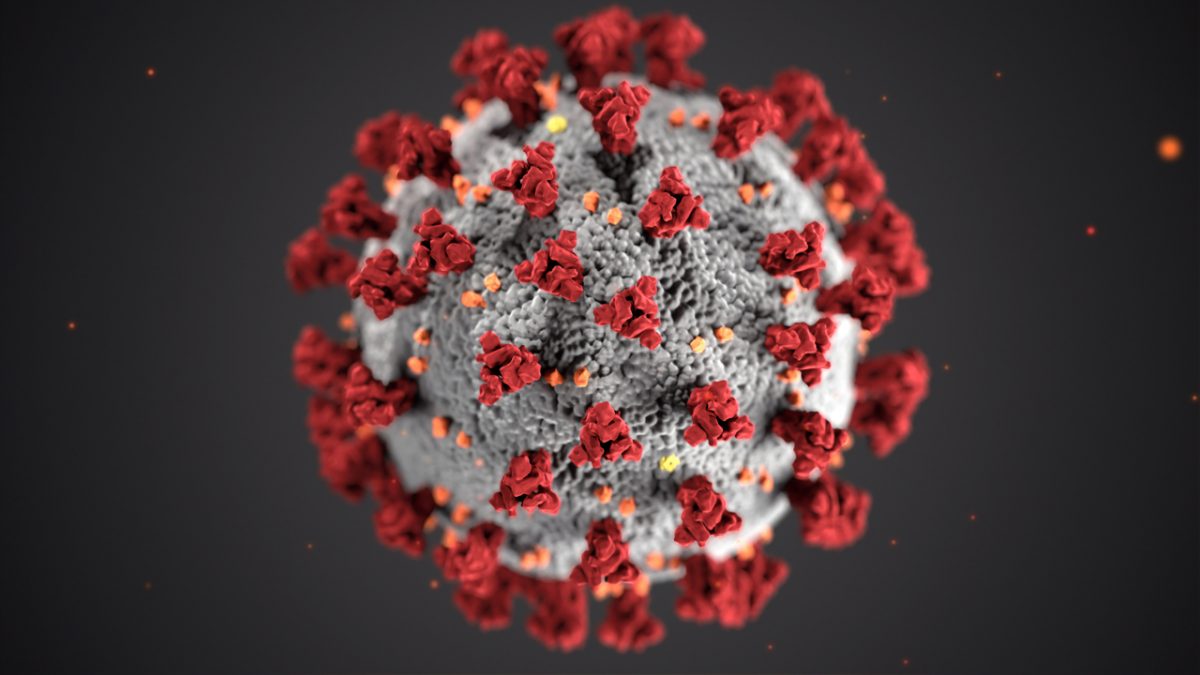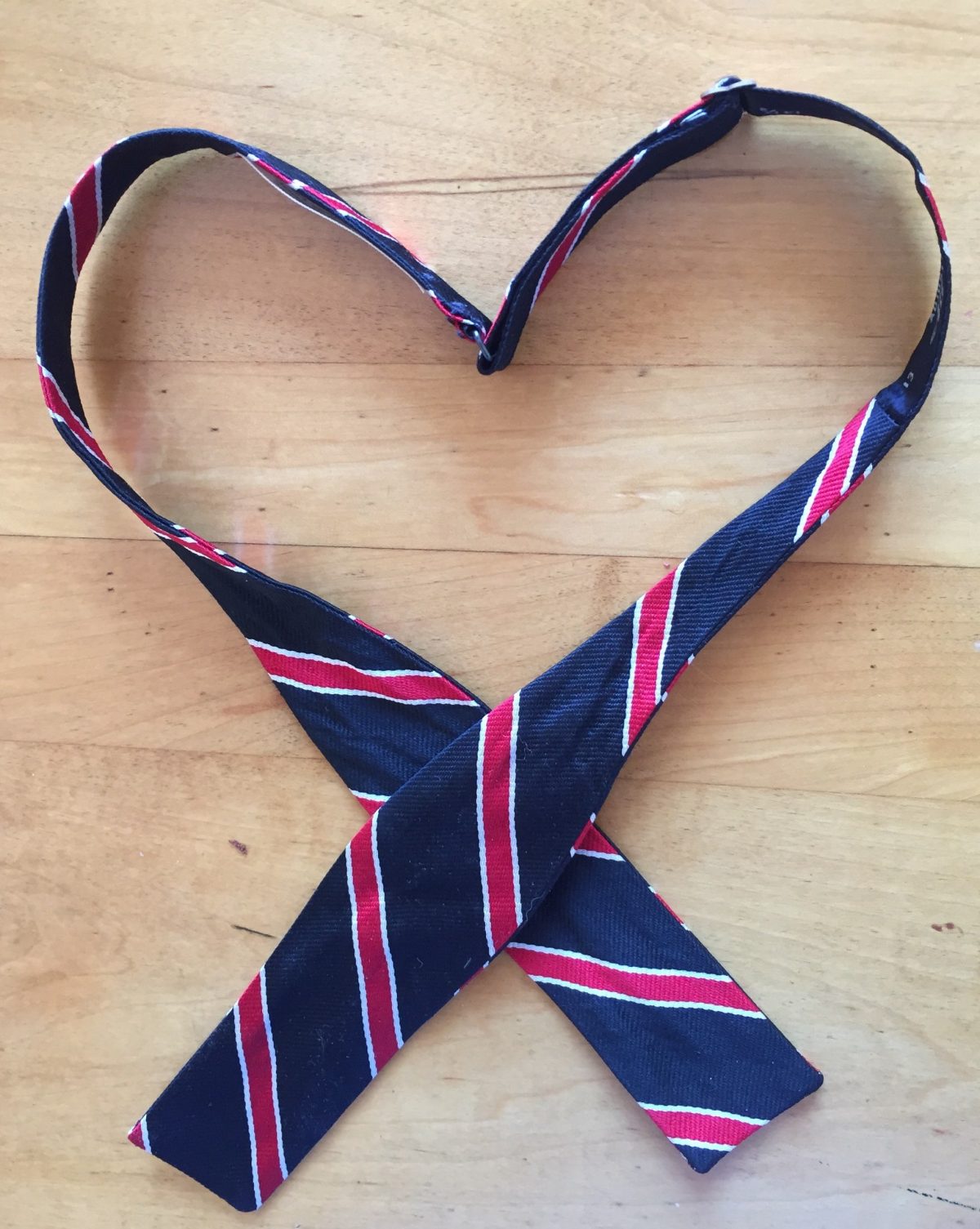Usually when I call my kids and they don’t answer, I assume it’s because they’re talking to the CEO of their company or on the subway or flying to San Francisco for some real sour dough bread… something logical and believable.
Now, with isolating in place, I know the awful truth: their cell phone batteries need recharging.
I’ve been eating the same thing for breakfast, lunch and dinner for two weeks now: my own cooking.
On the other hand, I’ve been binge-watching Twilight Zone, Mash, Gomer Pyle, Cheers, 30 Rock, and dozens of other old TV shows on channels like METV, COZI and H&I, which is fun.
Of course binge-watching these TV channels takes a lot more perseverance than watching Netflix, Prime, or Apple – “streaming services” – that weren’t considered possible in even in The Twilight Zone. Nope. This kind of binge-watching involves setting the alarm, ignoring phone calls… staying awake…
The good news is I don’t have to skip bathroom breaks; these old TV shows have commercial breaks which are filled with pharmaceutical commercials. That’s because the (other) viewers are old and great consumers of drugs.
The commercials don’t offer help with the Coronavirus. Sadly.
The good guys always won in those shows. There’s something heartening about that, about good always winning over evil.
These shows have also been fun because, when they first ran, I was either working late or letting my kids control the TV (it was easier than arguing and I was really tired!) And because I’m isolating without grandkids, no one laughs at me for watching these shows. Good vs evil is so old school.
Who ever figured that, with all the advances in medicine that we’d be doing what cavemen did: hiding in our caves from the enemy?
Who ever figured that, after centuries of bending nature to our will, humans would be the only things in nature to suffer from this pandemic?
Sometimes I imagine animals, plants, insects, fish – all parts of nature we overpowered – watching us with a “Payback is so-o-o-o much fun!” smirk on their faces.
Do you suppose buffalo, for example, which were killed by the hundreds of thousands, are laughing a little right now? “Hey Corona! I hear you really got those humans! Cool!”
Do you suppose that human beings, just about the only species who kill for the fun of it, are being killed by an enemy for the fun of it?
So much irony, so little time.
We humans evolved into the ultimate pack animals. But now the only way to be safe is to unpack – to isolate. Sticking together, the trait that has always helped us survive and conquer, is now helping the enemy kill us.
As a result of working together, humans have been able to over-consume natural resources and cause Climate Change, but in so doing, create the most powerful human enemy yet, viruses.
Gollye-e-e-e, Gomer!
On the other, other, hand, we’re a lot more capable of dealing with this pandemic than we might have been even ten years ago, because an evolution we created has given us a lot of tools we never had, tools that will help preserve our packability.
We can “tele-doctor” instead of going to the doctor’s office. We can “tele-work” and “tele-meet”, while wearing business tops and pajama bottoms. We can “tele-school” and actually show the teacher the dog that ate the homework. We can “tele-friend”, even across continents – and with software to translate different languages.
We can gather together via Zoom, Skype, Face-Time. We can attend business meetings, concerts, religious services, even family dinners (and, if the computer is positioned right, we can even skip the broccoli).
We can do everything but touch each other. And not being able to touch each other is not much of a sacrifice when you consider the alternative.
Maybe self-isolating isn’t all so bad, after all. It gives us a break to do a little navel-gazing.
And thinking about how we got here.




